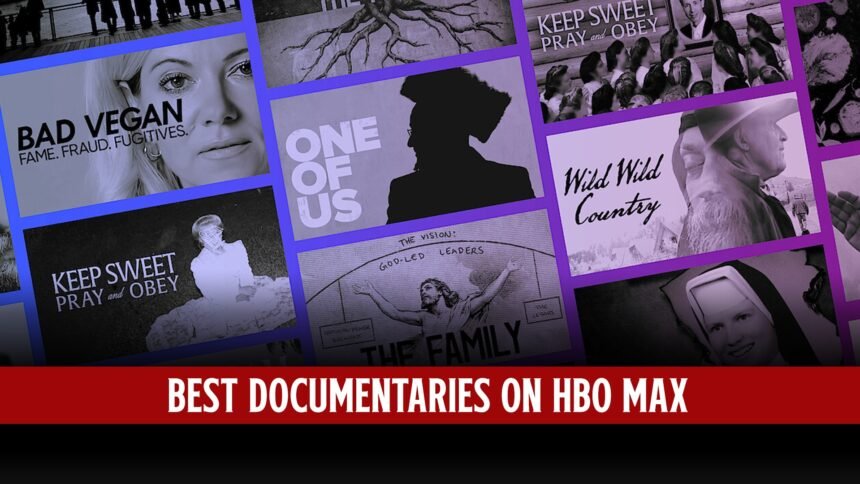A Dutch court has ruled that Facebook’s European subsidiary, Facebook Ireland, misused the personal data of Dutch citizens between 2010 and 2020, violating Dutch law. The court found that Facebook Ireland had processed personal information for advertising purposes without legal basis and without informing users that their information was being shared with third parties.
• Facebook Ireland violated Dutch law with data processing
• Facebook faces potential damages in Dutch class action suit
• Meta plans to appeal Dutch court ruling on data misuse
• Data Privacy Stitching hopes to negotiate a settlement with Facebook
• Significance of Dutch court ruling on user data misuse
The decision only targets Facebook Ireland because it is responsible for handling Dutch user data. Although damages have not yet been claimed, the case may proceed to this phase.
A spokesperson for Meta, Facebook’s parent company, said the company was pleased with some parts of the decision but would appeal others, citing that some of the claims dates back over a decade. They emphasized that privacy is important to Dutch users and that they want users to control their data.
The plaintiff, Data Privacy Stichting, a group launched in 2020 as a partnership between law firms and the Dutch Consumers’ Association, hopes to negotiate a settlement with Facebook.
The Data Privacy group had 190,000 sign-ups, but almost 10 million Dutch people who used Facebook during the relevant period can join the lawsuit if it proceeds to a damages phase. A spokesperson for the plaintiff noted that the decision is a significant signal to all companies misusing user data, not just Facebook.
Dutch Court Rules For Social Media
In a landmark ruling, a Dutch court ruled that social media platforms must take responsibility for the content posted on their platforms. The court found that Facebook had failed to remove a defamatory post about a Dutch celebrity and ordered the company to pay damages.
This ruling sets an important precedent for social media companies, which have long claimed that they cannot be held liable for user-generated content. The decision will likely have far-reaching implications for social media platforms worldwide. They will now be expected to take a more active role in monitoring and removing harmful content.
The ruling is a significant victory for those advocating for greater accountability and transparency from social media companies. Critics have long argued that social media platforms have been too lax in their moderation policies, allowing hate speech, harassment, and other harmful content to flourish.
This ruling sends a clear message that social media companies must take more responsibility for the content that appears on their platforms and that they will face legal consequences if they fail to do so. It remains to be seen how this ruling will be enforced in practice, but it is a significant step toward greater accountability in the online world.













